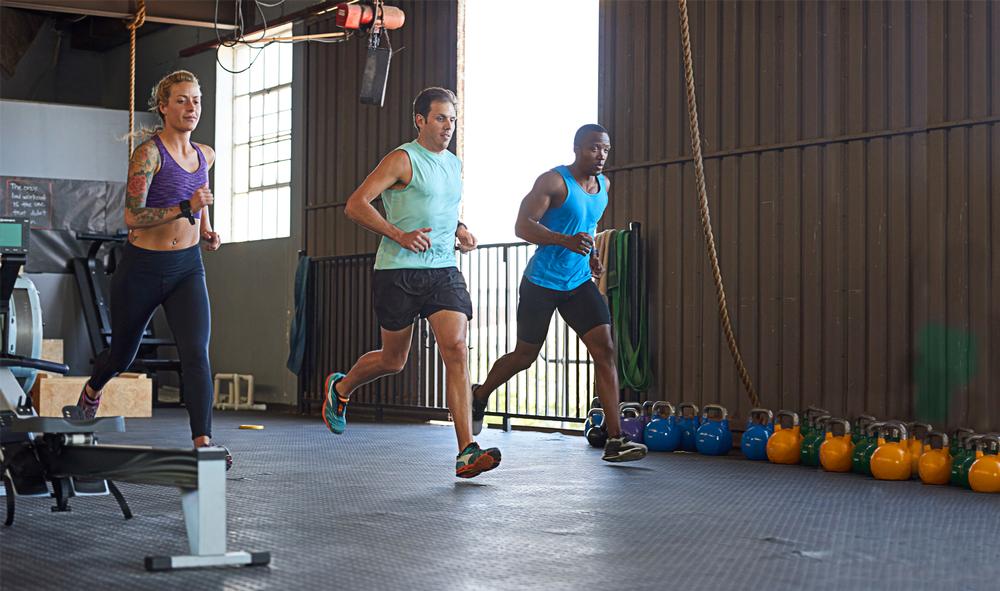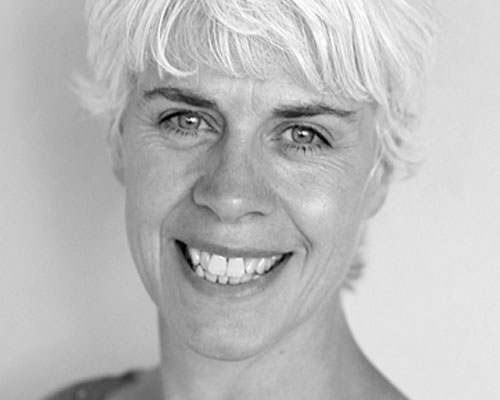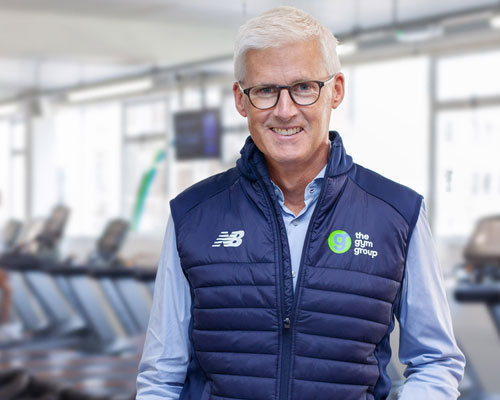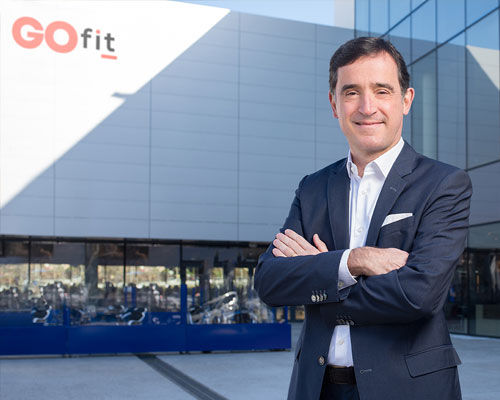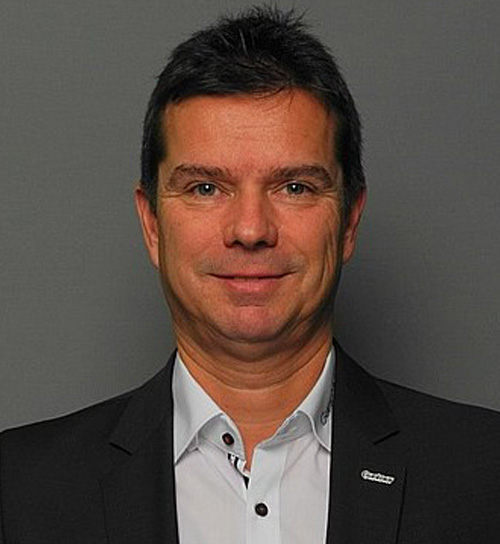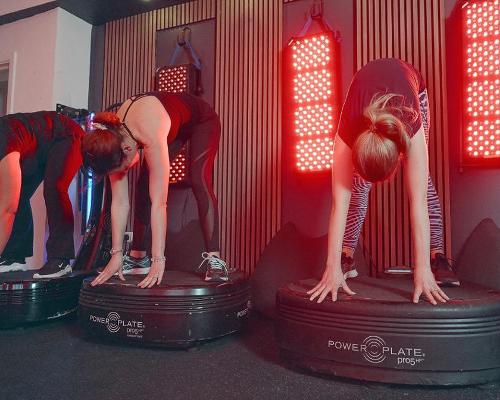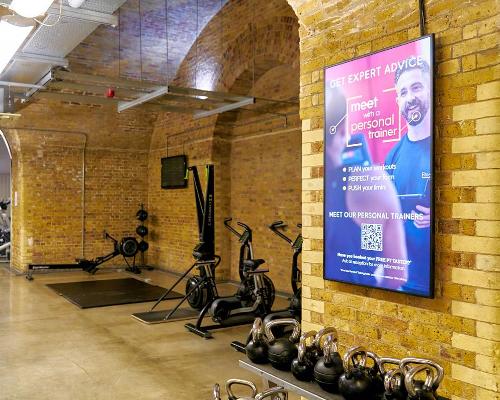features
Consumer insights: Taking action
The latest Health and Fitness Omnibus Survey (HAFOS) report, produced by industry insight specialist Leisure-net, suggests that public attitudes towards physical activity have changed over the last five years. Director of Leisure-net Mike Hill reports

The recently published 2016 HAFOS report indicates that the majority of the UK population understands the importance of regular physical activity. This viewpoint was reported by 96 per cent of 2,309 members of the public surveyed last year, indicating that the challenge currently faced by the fitness sector relates to creating action rather than convincing people that being more active is worthwhile.
Indeed, 47 per cent of the survey respondents said they weren’t as active as they wished – a figure up six per cent from 41 per cent in 2012. This suggests that more people than ever are not happy with their current activity levels. However this is not the only figure that has risen over the last five years. In 2016, the number of people claiming to exercise on more than five days a week was seven per cent higher than in 2012, at 23 and 16 per cent, respectively. In contrast, those doing no physical activity weekly fell by more than half in 2016 compared to 2012. This implies that, at least to some degree, people’s activity levels have moved up a tier since 2012, with some progressing from no activity to some, and others moving from some activity to regular.
While this is clearly positive news, and may be a result of increased awareness, publicity and possibly the influence of the London Olympic Games in 2012, we must be mindful that research has shown that self-reported activity levels are significantly overestimated.
A QUESTION OF QUANTITY
In terms of the quantity of exercise done weekly, 61 per cent of respondents stated they always do at least 30 minutes of moderate intensity each week, with 38 per cent claiming they "always" undertake the recommended 150 minutes of moderate intensity activity or 75 minutes of vigorous activity weekly. It’s also encouraging that more than half of the population reported "always or usually" undertaking 150 minutes of moderate or 75 minutes of vigorous activity each week. Furthermore, 68 per cent said they do three or more 30-minute sessions per week – up from only 52 per cent in 2012.
Of the respondents who reported currently participating in three or more activity sessions per week, a third said they use a leisure centre or health club. Walking is the most popular form of independent activity for those not using a leisure centre or health club (73 per cent), followed by gardening.
The desire to do more activity is relatively high – more than half (54 per cent) of respondents said they would like to be more active, citing improvement or maintenance of general health as their main motivation, followed by a desire to improve or maintain body tone and shape.
However, other research by Leisure-net suggests that the desire to exercise to improve body tone/shape is under-reported, and is a significantly greater driver of participation in physical activity than these figures suggest. Operators should, therefore, avoid underestimating just how much body appearance motivates a large percentage of the population.
FAILURE TO EXERCISE
The survey findings also show that while the majority of respondents exercise on a regular basis, a respective 14 and 15 per cent of respondents never or rarely undertake the recommended weekly amount of activity. A lack of time, arising primarily from work (41 per cent), childcare (16 per cent) and household pressures (13 per cent), was the main barrier to activity cited by respondents. This perceived lack of time has always been the top barrier to physical activity, which suggests that initiatives for increasing public uptake of exercise must address how members of the public prioritise exercise in their day-to-day activities.
Sport England’s latest strategy, Towards an Active Nation, is partly based upon a behaviour change model looking at how ready people are to introduce physical activity into their lives. HAFOS also attempted to assess this readiness for change by asking respondents how likely they were to increase their activity level soon – regardless of other commitments, barriers or current fitness levels. Just over half (52 per cent) of all those interviewed during 2016 said they were not likely to increase their activity levels, 10 per cent were very likely, 18 per cent were quite likely and 20 per cent were likely to increase their activity levels soon.
USING LEISURE FACILITIES
While the desire to exercise and the proportion of people regularly exercising appear to have risen since 2012, the opposite trend was observed when willingness to use local leisure facilities was assessed. More than a third of respondents (39 per cent) said they would consider using their local leisure centre – 13 per cent lower than the 52 per cent who made the same claim back in 2012. This is surprising, given the investment that has been made in many local public sector facilities; however, it may reflect the impact of independent outdoor activities, such as cycling and running, as well as the ongoing rise in the popularity of budget gyms.
When respondents taking part in the study were asked what would encourage them to use these facilities, 61 per cent cited reduced fees.
While lower costs are always the most quoted encouragement factor given by respondents, detailed analysis and qualitative research has shown that lowering pricing makes no difference, as price is closely related to value for money. For example, a gym membership is only perceived as an expensive thing when it’s not being used on a regular basis.
RISING TO THE CHALLENGE
The 2016 HAFOS report reveals interesting changes in people’s attitudes and perceptions towards exercise, but more than anything it shows the huge opportunity the physical activity sector currently has at its fingertips. The majority of people appear to recognise that they are not active enough and have the desire to do more. The challenge we now face involves how to create opportunities for people to be more active, while ensuring these are realistic, attractive and sustainable.
47% of UK respondents are not as active as they wish
No. of UK respondents who would consider using their local leisure centre 2012 v 2016 52% v 39%
61% of UK respondents say reduced prices would motivate them to use local leisure centres
TRENDS IN IMPORTANCE FACTORS 2012-2016
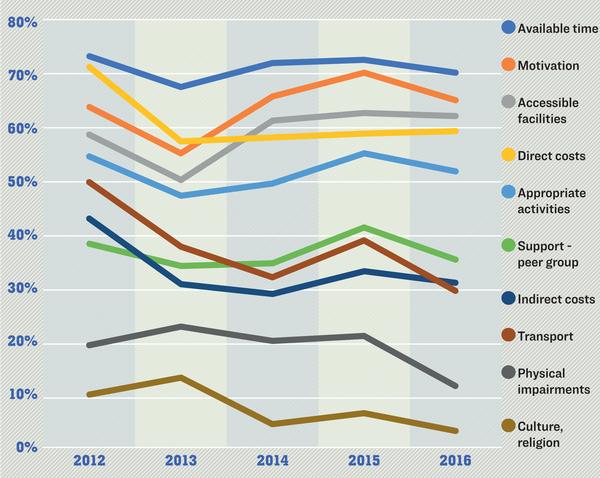
ABOUT THE AUTHOR

Mike Hill has more than 25 years’ senior management experience in the private and public active leisure sector. In 1999, he set up Leisure-net Solutions to improve the industry’s knowledge base and understanding of its customers.
@_leisurenet
• To access the full HAFOS 2016 report, email: [email protected]

